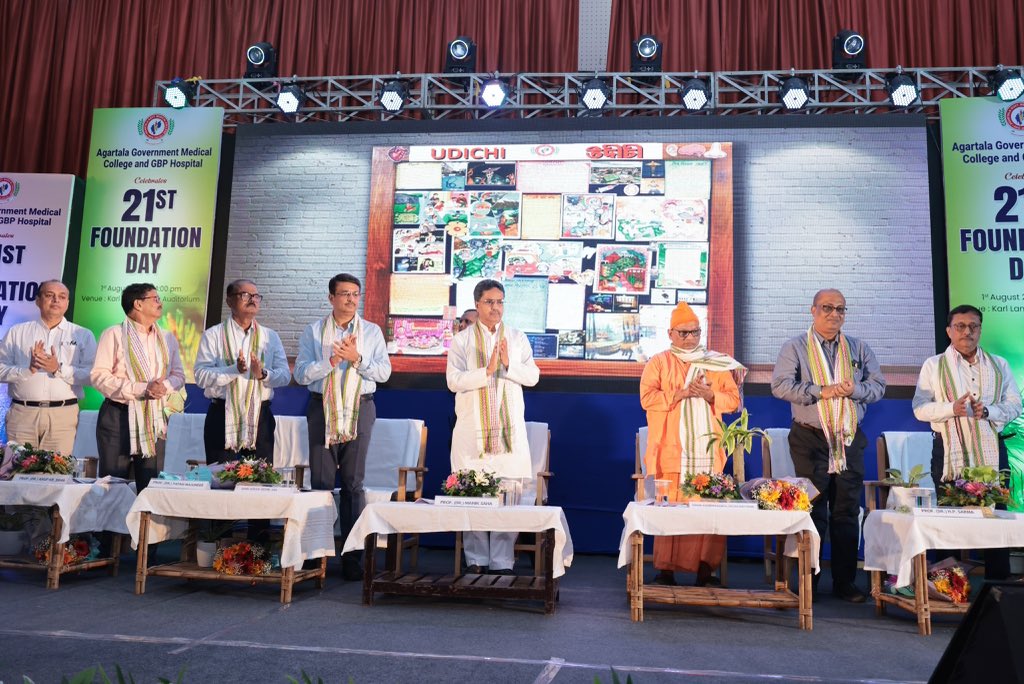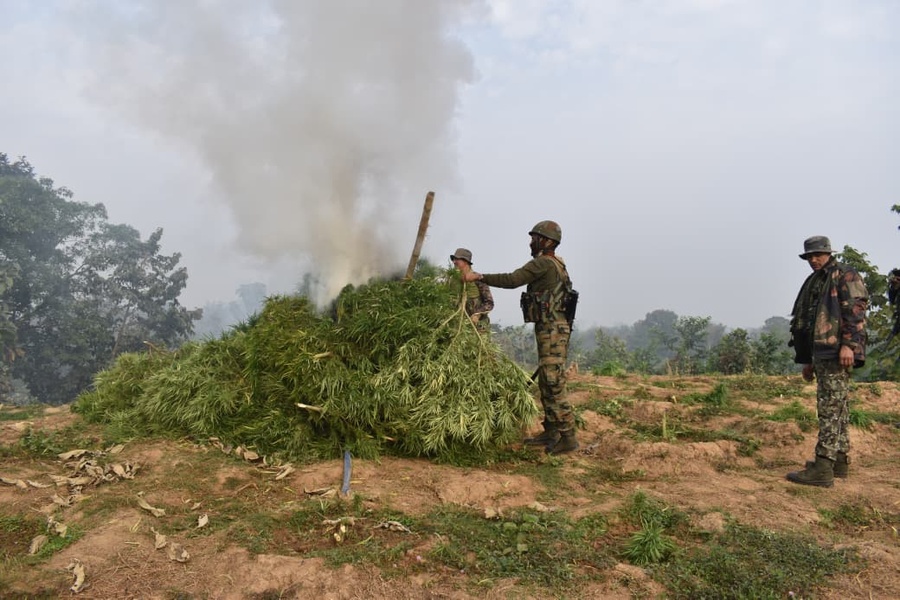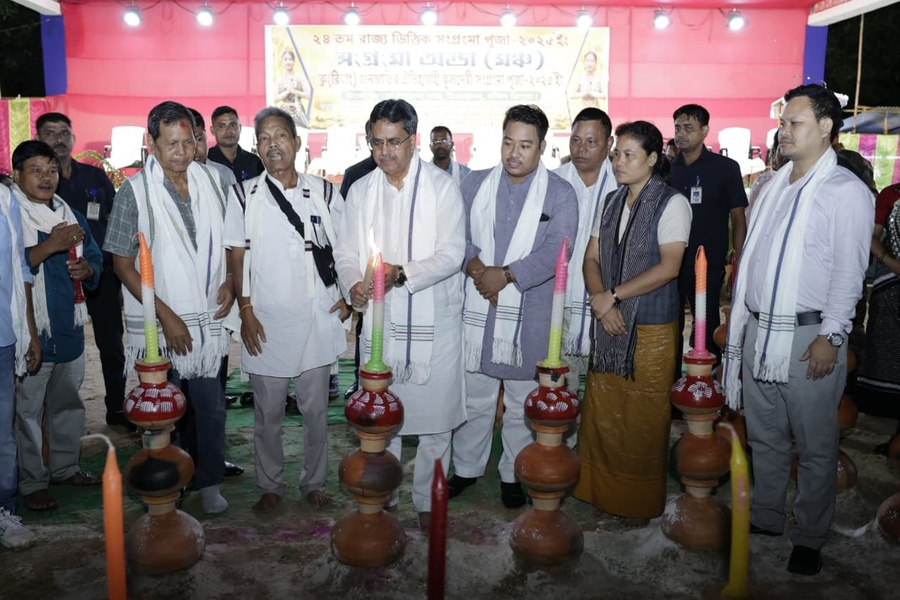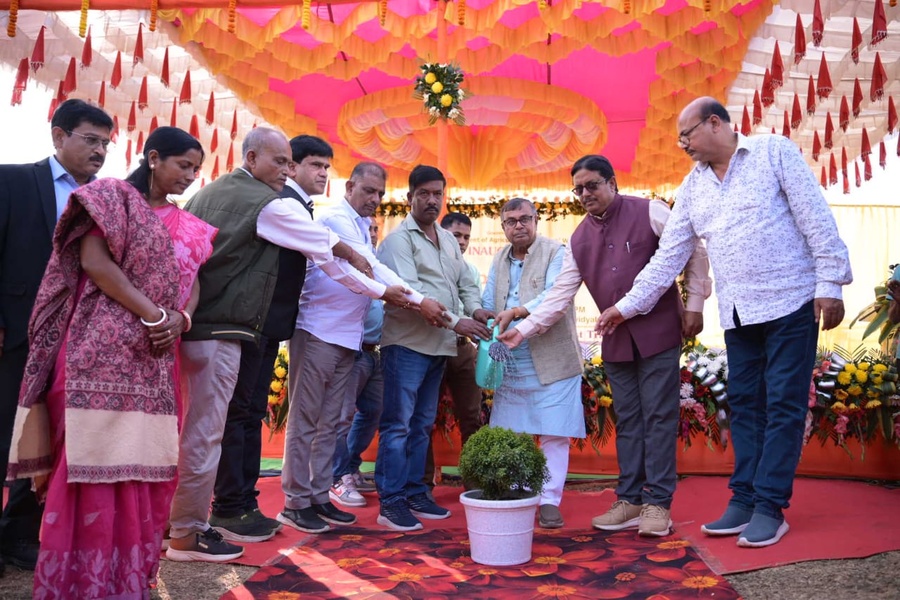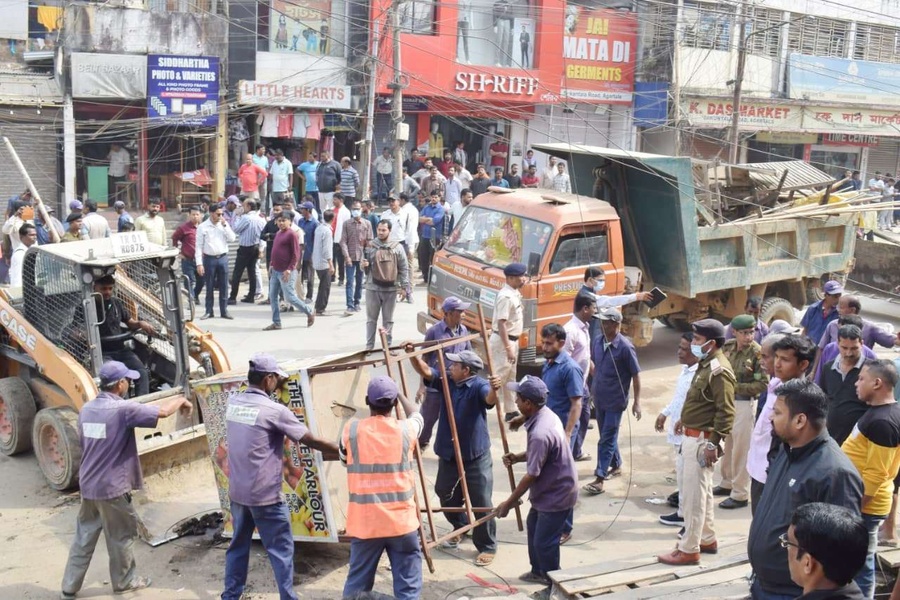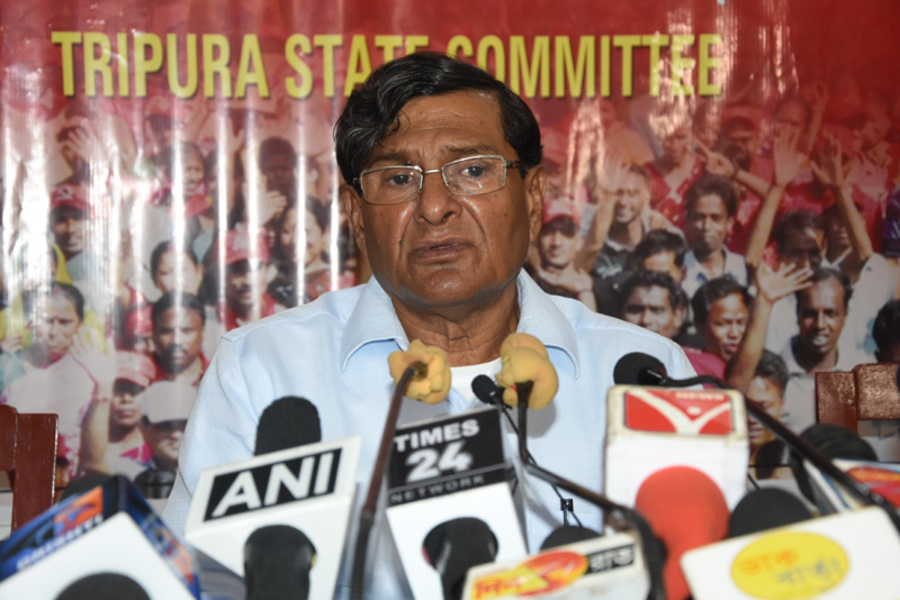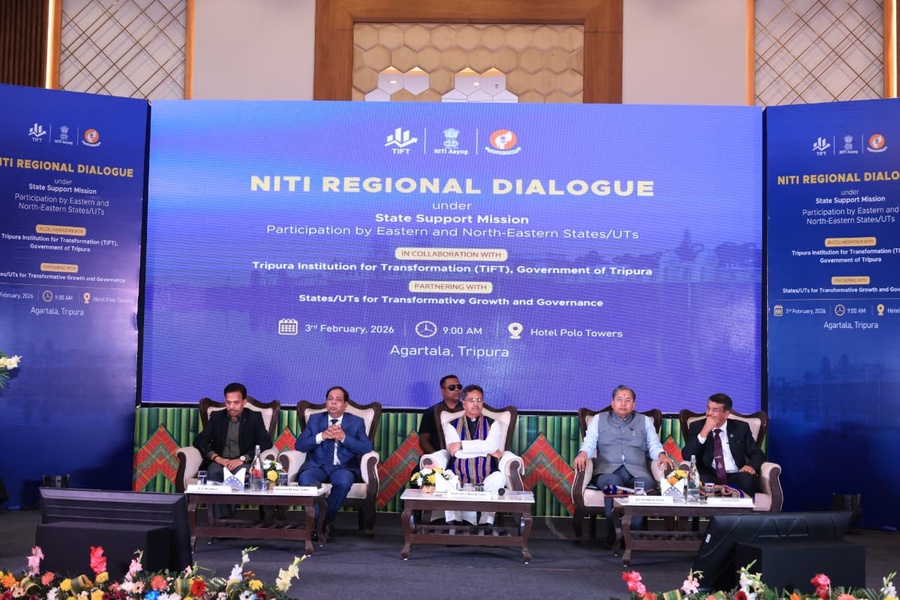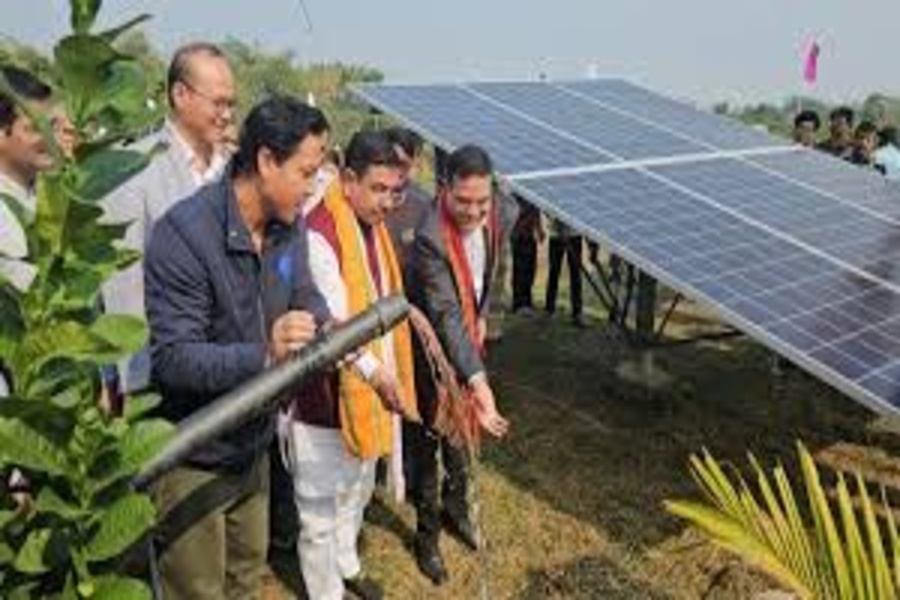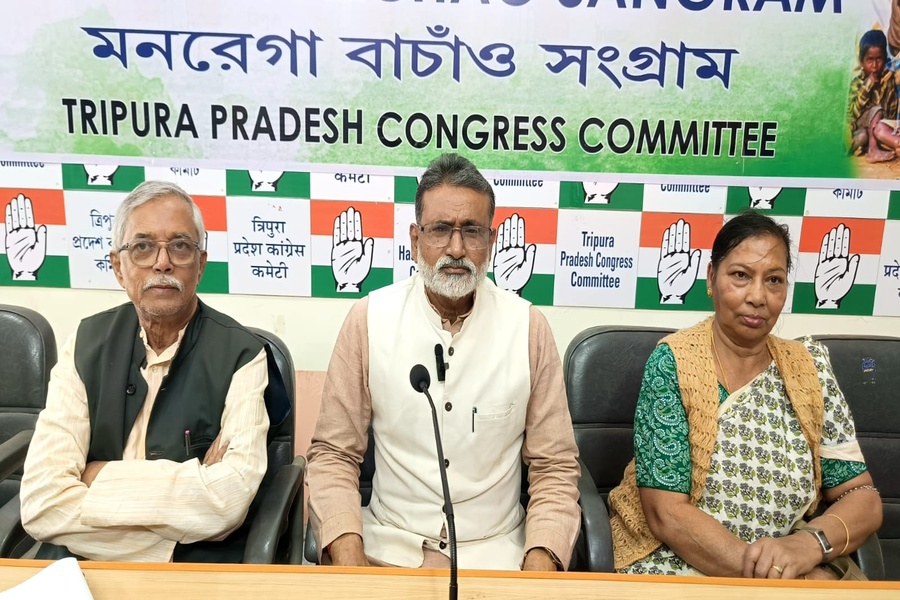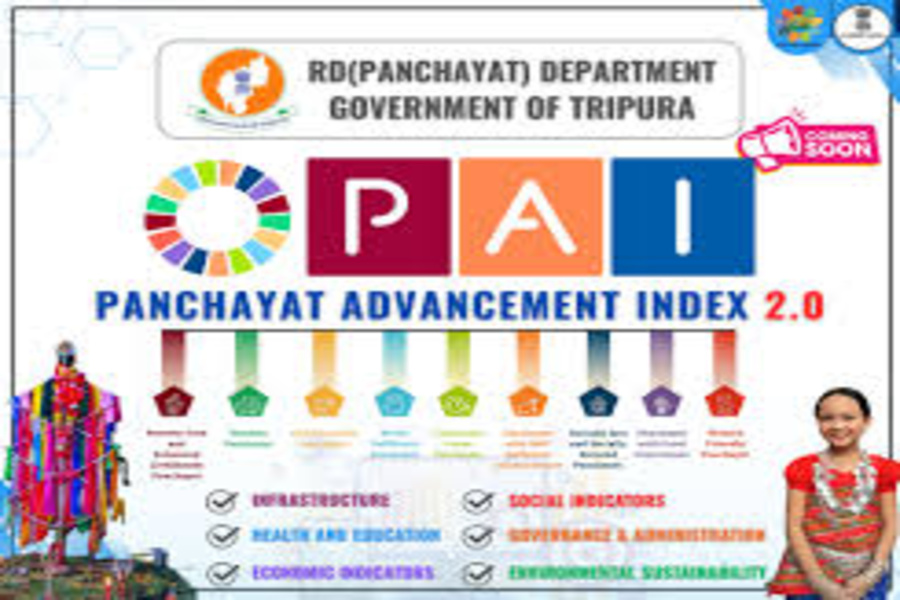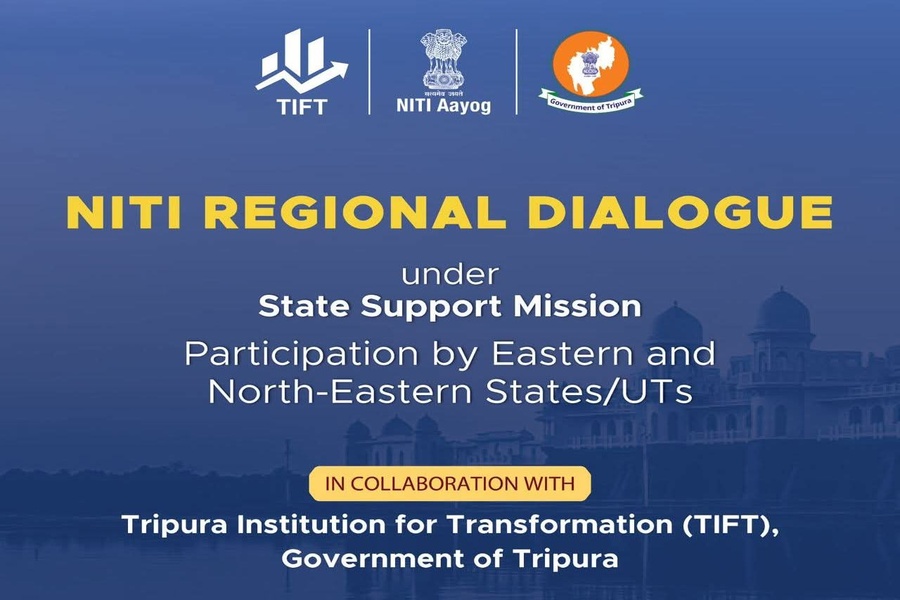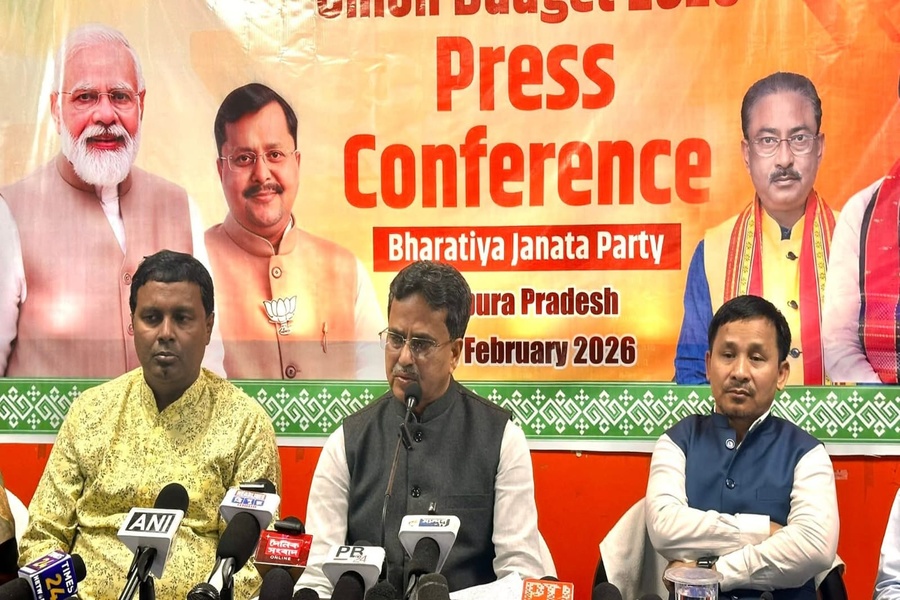In a major boost to the state’s healthcare sector, Chief Minister Prof. Dr. Manik Saha today announced that the Tripura government is in active talks with the All India Institute of Medical Sciences (AIIMS) to initiate heart transplant procedures at GB Pant Hospital.
Addressing the 21st Foundation Day celebration of Agartala Government Medical College (AGMC) and GB Pant Hospital at the KLS Auditorium, Dr. Saha—who also holds the Health portfolio—said significant reforms are underway to strengthen medical infrastructure, enhance accessibility, and introduce advanced medical education in the state.
“We have already performed three successful kidney transplants, and now we are planning to begin liver and heart transplants. Talks with AIIMS are ongoing in this regard,” Dr. Saha said.
He also revealed that the government has signed an MoU with the Mohan Foundation, a national-level NGO promoting organ donation, to support these transplant initiatives.
In a key announcement, the Chief Minister informed that super-specialty courses will soon be introduced at AGMC and GB Pant Hospital, marking a new milestone in the state’s medical education system.
“We have already held meetings with officials in this regard. This will provide better opportunities for our medical students and enhance the overall quality of healthcare in Tripura,” he stated.
Dr. Saha highlighted the government’s commitment to expanding medical education. He mentioned that the number of MBBS seats in AGMC has now reached approximately 400, compared to a limited intake in earlier years.
“Previously, we had only one seat for BDS. Today, we have a Government Dental College that began with 50 seats and now has 63. For the 2025–26 academic year, the National Medical Commission has approved 150 MBBS seats for AGMC—118 for Tripura students, 22 for central government nominees, and 10 for students from the North East Region,” he said.
Since its inception in 2005, AGMC has seen 1,484 students graduate with MBBS degrees—1,270 of them from Tripura. Currently, around 525 students are pursuing MBBS at the college. Postgraduate education has also flourished, with 391 students completing their PG degrees in the last nine years.
To bridge the rural healthcare gap, Dr. Saha said that MBBS graduates from Tripura Medical College were previously deployed in underserved areas—a move that significantly strengthened the state’s health services.
Dr. Saha also emphasized the need to integrate technology with healthcare services. He confirmed that the file for launching telemedicine services in Tripura has been cleared.
“Telemedicine will ensure timely treatment access for people living in remote corners of the state. The file has already been signed, and we are ready to roll out this service,” he said.

